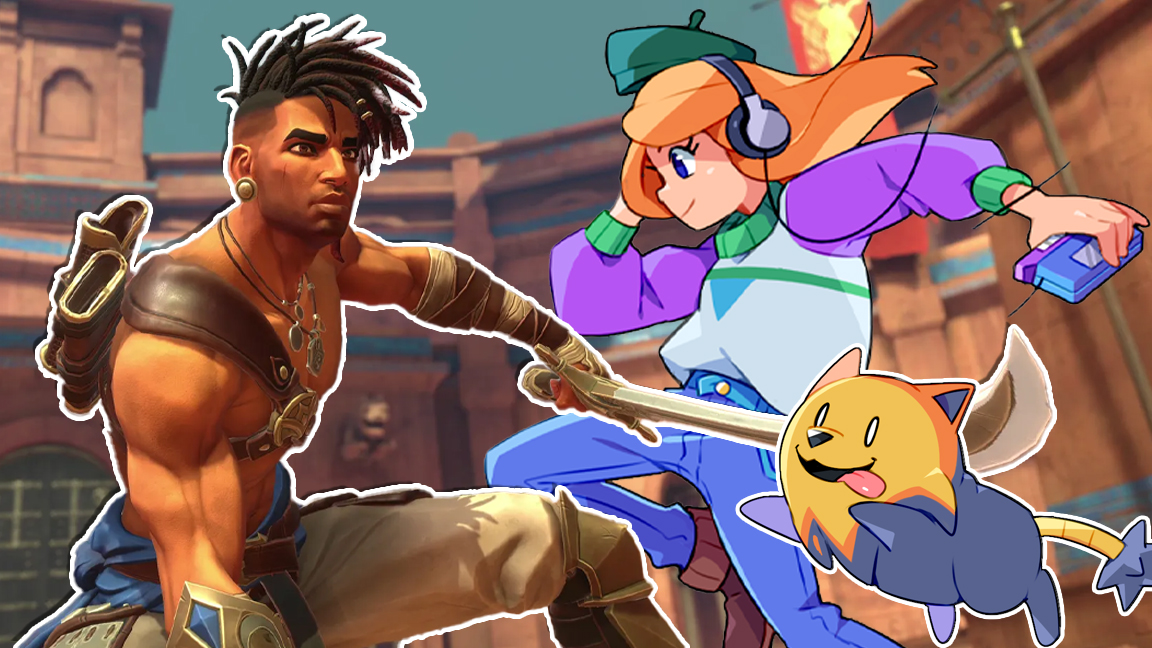
For a while, Unity and Unreal Engine have stolen all the headlines. What were once limited to game development have become the chosen tools for broader content creation across a range of industries, including TV, Film, VR, and AV - read filmmaker Tim Richardson's reflections on using Unreal Engine. Unity continues to be the favourite for mobile game developers, whereas Unreal Engine is seeing increased popularity outside of games.
For various reasons, largely related to Unity's pricing structure, a third option has joined the game development conversation – Godot Engine. This disruptor is free, open-source, and has been available to the public for around 10 years, but in the past year, it has really started to gain traction. Godot Engine is emerging as an indie game creator's tool of choice while Unity is being used by more Triple-A studios, such as Ubisoft for the creation of Prince Of Persia: The Lost Crown - but there's more to it than that divide.
In this 'versus' I put Godot Engine side by side with Unity. I consider the pros and cons of each and look at why you might want to develop games in one of them over and above the other. I'll explore subjects such as cost, use cases, core tools and resources, all the while offering impartial commentary on each game engine.
If you're looking to get into game development for the first time, then you'll need one of the best laptops for game development and if Godot Engine piques your interest, check out everything you need to know about Godot Engine.
Godot Engine can be downloaded for free, it has been open-source since 2014 but it is increasingly gaining traction in the world of game engines. This boost in popularity is largely due to the uncertainty surrounding Unity's pricing structure. Godot Engine is totally free and always will be.
Unity can also be download for free, and is a long established and extremely capable game engine that is better, in many ways, compared to Godot Engine. But while you can get started with the free version you'll need to upgrade to Unity Pro if you create a commercial game.
1. Godot vs Unity: cost
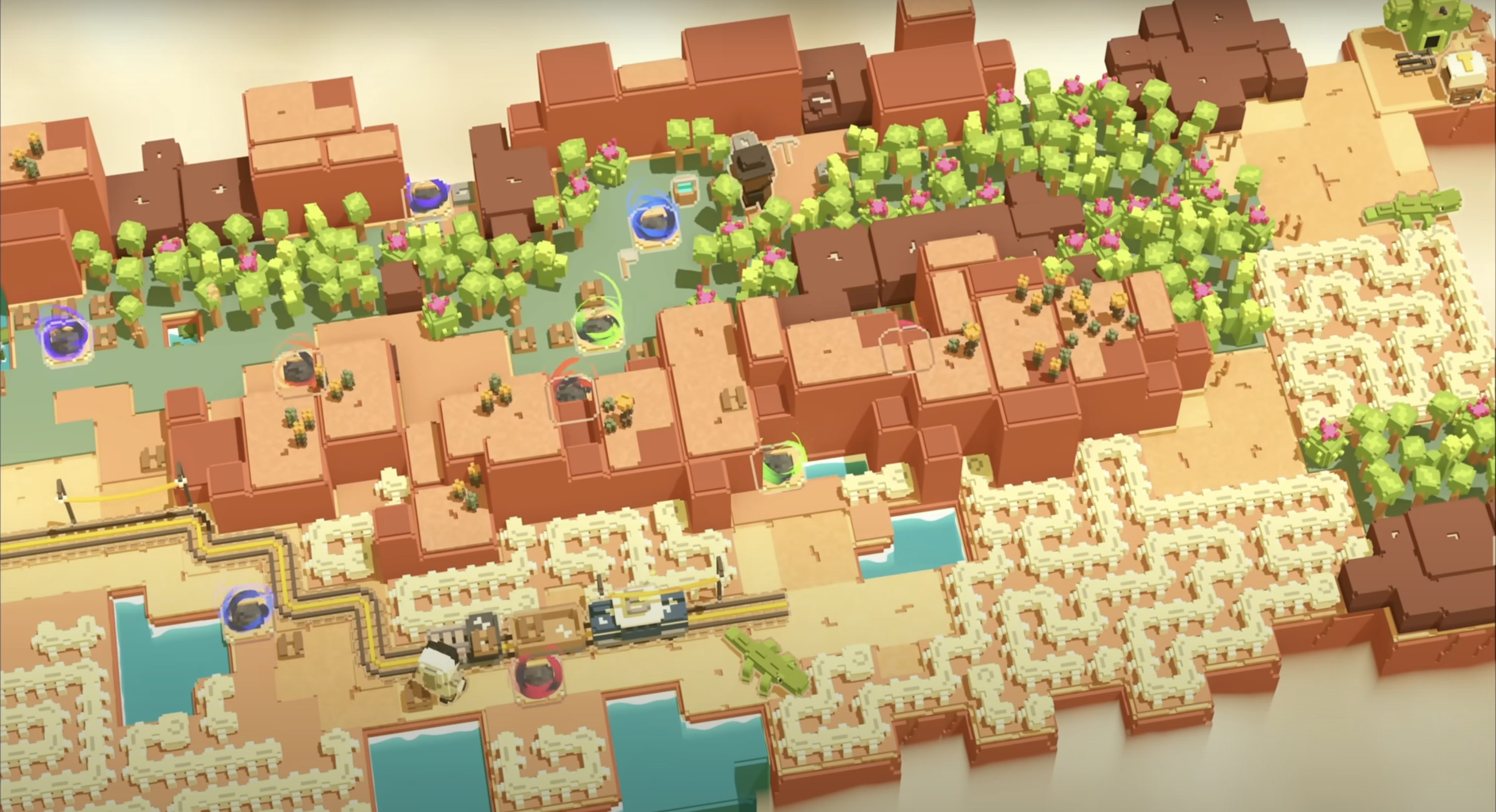
One of the best things about the Godot Engine is that every single part of it is 100% free. There are no install fees, runtime fees, or percentage of sales fees.
You would be justified in wondering how Godot Engine manages to stay afloat. In essence, the overall project is funded by donors who are committed to its continued success, a little like 3D animation and modelling suite Blender. These donations are spread across a range of costs, including hardware purchases, marketing, and obviously staff development costs. Donations can be made through the Godot Engine website.
Unity, on the other hand, has struggled with its pricing structure a little in recent years. This has led to many users looking for alternative game engines, something that Godot Engine has directly benefited from.
Unity Personal is free to use, although it has a limited set of features compared to Unity Pro. There is also a revenue limit of $100,000 per year to be eligible to use this type of license. Unity Pro, on the other hand, costs $2,040 per year and attracts a runtime fee but only after the game earns $1,000,000 in gross revenue over the previous 12 months and has 1,000,000 initial engagements.
You might be wondering why you would upgrade from Personal to Pro. The upgraded version has a range of additional features, including the ability to create and release games for closed platforms like Xbox, PlayStation, and Nintendo. It also offers a range of technical features, including Unity Mars and Havok Physics.
To sum up, Godot Engine is completely free, whereas Unity is only free some of the time. If you want to guarantee total avoidance of any fees whatsoever, then Godot Engine is the route to go, and represents a good way to cut your teeth on game development (as is GameMaker, but that's a whole new thing).
2. Godot Engine vs Unity: use cases
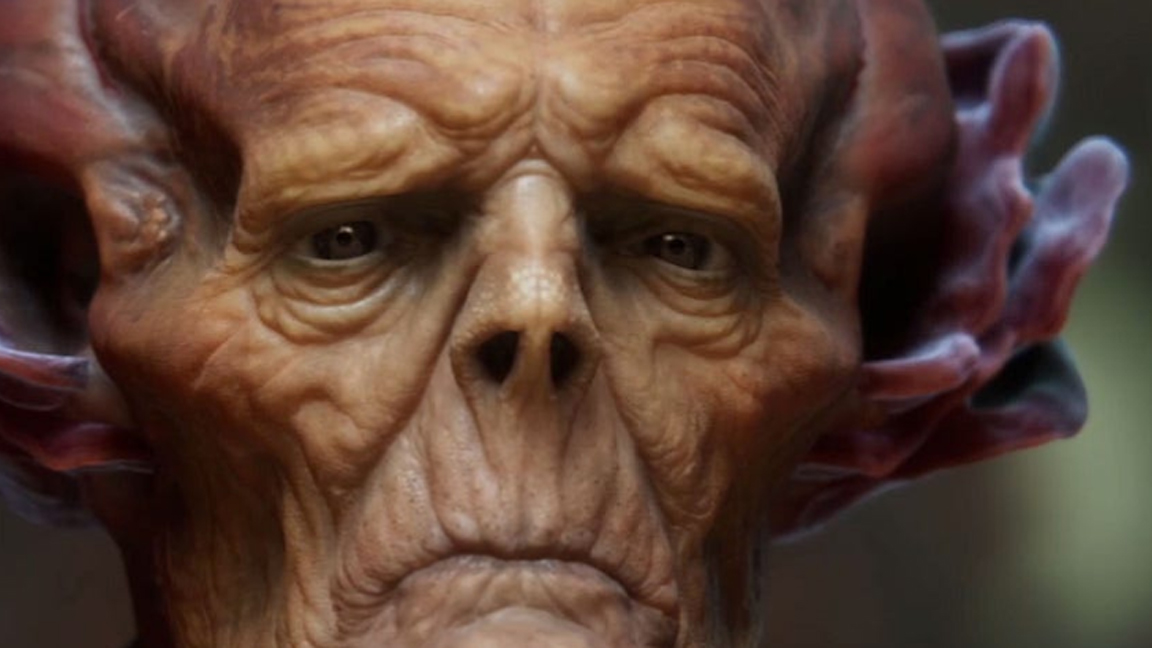
Both Godot Engine and Unity are capable of producing very similar types of games, whether they be 3D or 2D. Godot Engine has seen particular success with games like Cassett Beasts by Bytten Studio (one of the best indie games) and Brotato by Blobfish. The latter is a classic top-down shooter game that has seen over a million downloads since its original release in 2022.
Unity, on the other hand, has been used for more widely popular games such as Pokémon GO, Fall Guys, Cup Head and Top Eleven. At the time of writing, the former had amassed a whopping one billion downloads and the latter 220 million. Unity has found a solid footing for VR game and app developers, though Unreal Engine 5 is catching up.
Neither game engine has quite seen the level of popularity amongst TV and film that Unreal Engine has, although Unity has seen some increase in use cases and projects. Both are currently much more tailored towards games rather than the broader entertainment industry.
3. Godot Engine vs Unity: core tools
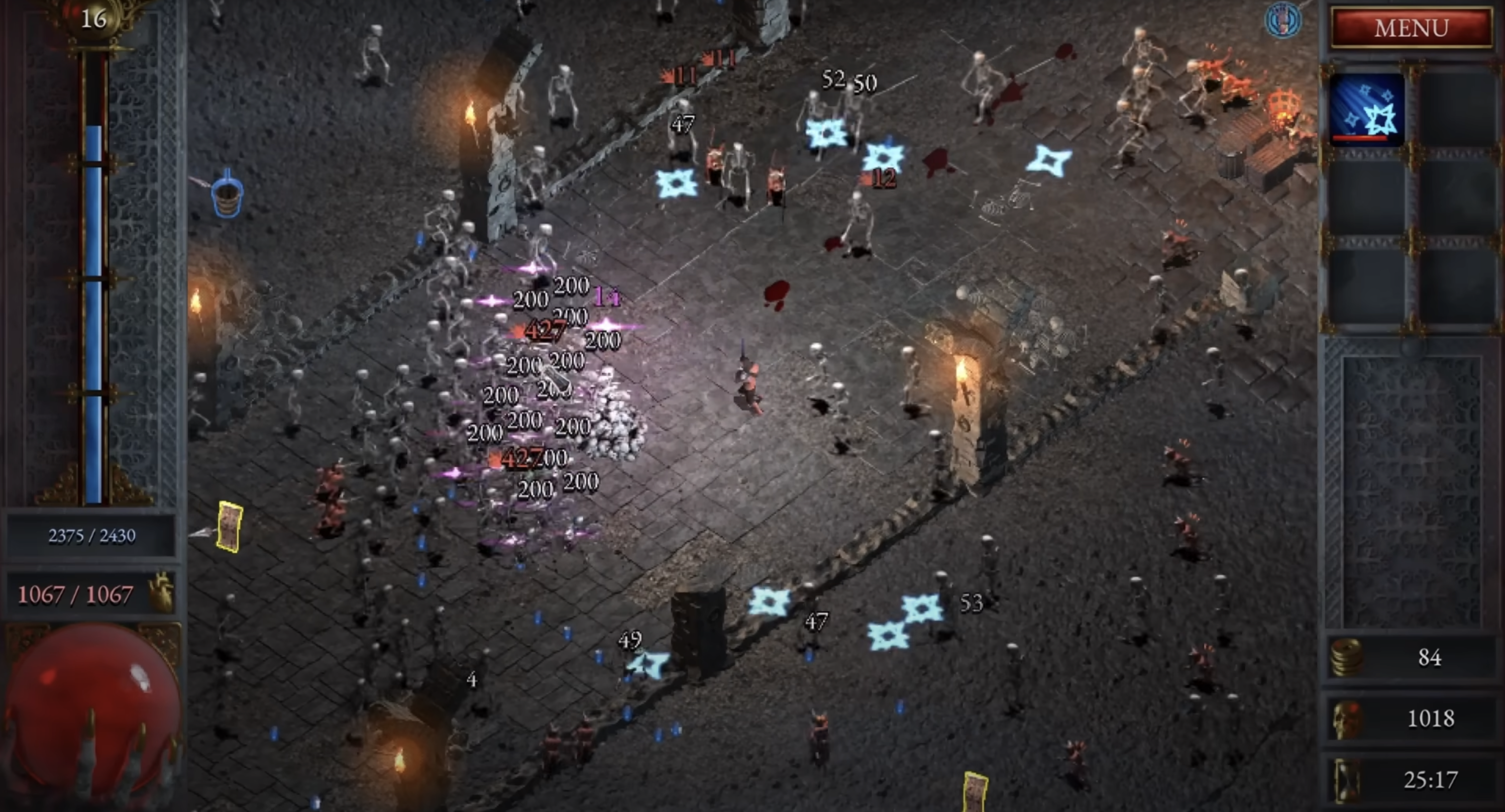
Godot Engine is equally at home in both 3D and 2D game creation. The fact that it provides tailored tools to suit each makes it a perfect solution, no matter the number of dimensions you're working with.
Godot 3D nodes give game developers everything required to build, animate, and render 3D worlds and characters. When working with Blender, artists and developers can guarantee a total open-source workflow that delivers great results.
It also has a dedicated 2D engine with all the necessary 2D-specific tools, including real 2D pixel coordinates and 2D nodes. If you know you're going to be building in 2D, then you don't even want to be considering a third dimension. Godot Engine enables you to streamline your workflow by tailoring your development experience.
Godot Engine enables you to streamline your workflow by tailoring your development experience
Godot games can be deployed on all platforms, including desktop, mobile and the web. Despite not being particularly common, through third-party publishers, it is possible to release games to a console using Godot Engine.
Unity is very similar to almost all of the above, making it more than capable of delivering any type of game. When creating a new project, developers have the option to start in either 3D or 2D mode. One of the great things about Unity is that it's possible to change modes at any time, although this isn't always advised.
Within the two options, it's possible to create games in Full 3D and Orthographic 3D as well as Full 2D and 2D gameplay with 3D graphics and 2D gameplay with a perspective camera.
Unity currently supports deployment across more than 19 different platforms, including mobile, desktop, consoles and virtual reality. Unity also supports visionOS, enabling a new generation of games for Apple Vision Pro.
4. Godot Engine vs Unity: resources
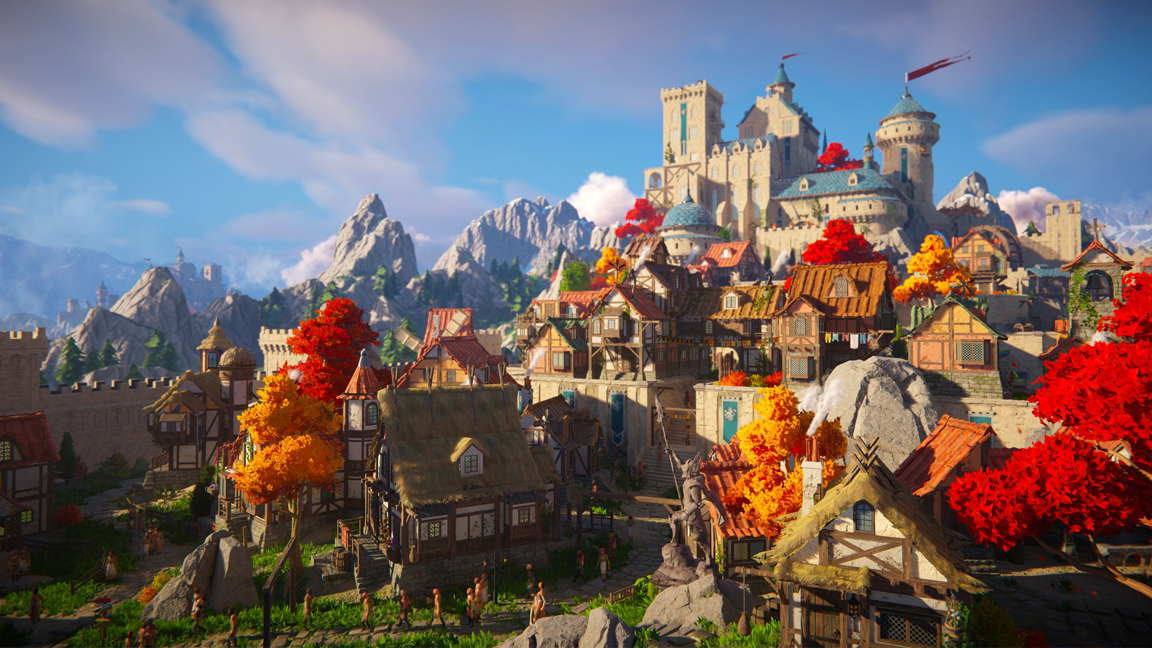
Godot Engine has an incredibly committed fanbase, resulting in a lot of YouTube content that helps people learn how to use the game engine. One of the most popular is @uheartbeast, which has a huge number of Godot videos ranging from individual tutorials all the way to creating games from beginning to end. If you'd like resources that are more established and advanced, then check out GDQuest and Udemy.
As for Unity, Udemy is a fantastic place to find a whole range of resources that help beginners and more advanced users. Unity's Learn site is a dedicated resource, which includes tools for every stage of your learning journey. Unity also has a resource library of platforms to aid game development and releases, including a monetisation channel.
Unity promises more tools and resources with the first numbered release in years, when Unity 6 launches this November. Read our feature on Unity's plans for AI and head to the developer's website for a preview.
5. Godot Engine vs Unity: ease of use
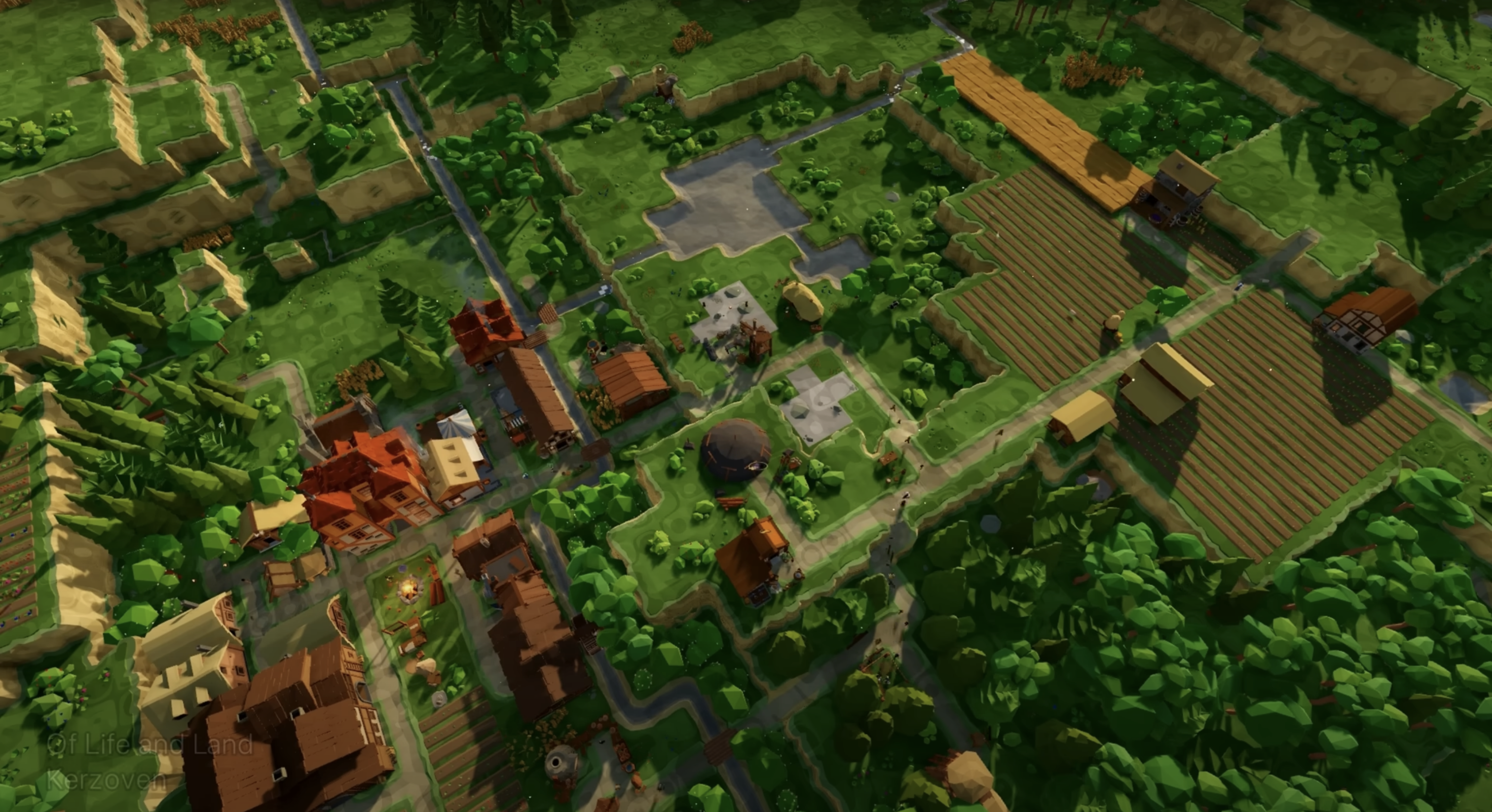
Anyone wanting to make fully-fledged games will need to prepare themselves for the inevitable learning curve. Nothing worthwhile is achieved without a bit of hard work and a few bumps along the way. Both Godot Engine and Unity are great options for game development, but neither can be picked up without some training and forethought.
Both game engines require learning scripting languages, with Godot Engine making use of its own Python-based language called GDScript. It's incredibly high-level, which makes it one of the easiest scripting languages for any beginner to learn. If you know Python already, then you'll be flying right away.
C# is the primary scripting language for Unity, an industry-standard language that's similar to Java and C++. It is also possible to use C# in Godot Engine, so if that's your preferred or known language, then you'll be good to go in either game engine.
In terms of the interface and workflow, many find Godot Engine to be easier to pick up. The interface is simpler and the workflow more straightforward, making it ideal for those new to game development. Unity, on the other hand, has a more advanced interface, which often results in a steep learning curve, something that puts a lot of beginners off. The benefit of Unity is that once you've got your head around it, there are some incredibly powerful features that aren't available in Godot Engine.
6. Godot Engine vs Unity: system requirements
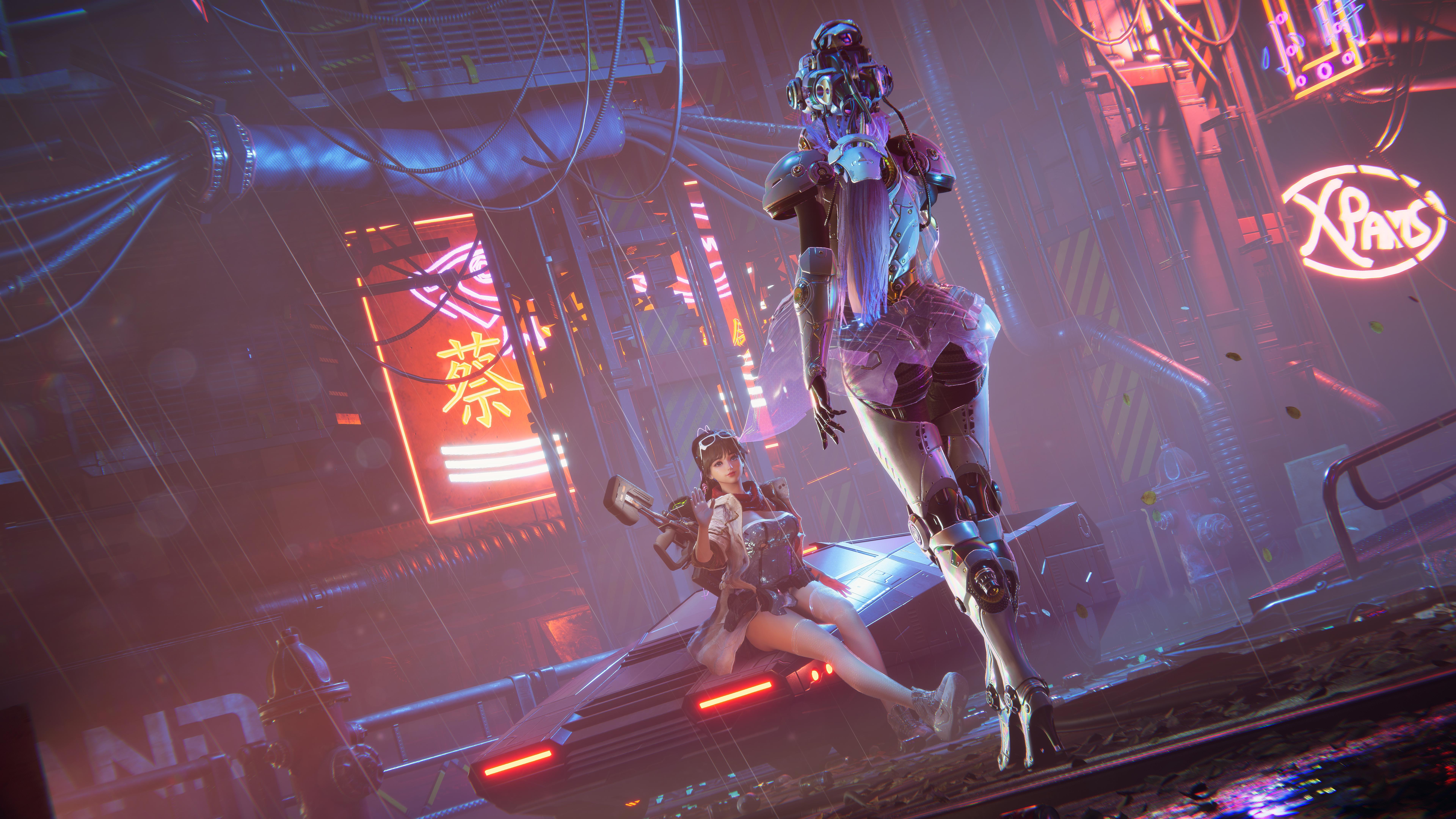
Godot Engine requires less power and so less expense to run, while Unity is more demanding. Godot Engine can run on two cores, but users recommend at least a quad-core CPU, and you'll need at least 8GB RAM but ideally 16GB RAM to protect yourself for future updates and uses.
Unity demands more power, but has a similar need for RAM (8GB minimum). You'll ideally need a newer Intel i7 and above or AMD Ryzen 7 (some users have said Intel i5 and AMD Ryzen 5 will do, but with Unity 6 on the horizon it's best to future-proof now).
If you're making games then you'd be best with a laptop that can play games too, such as the ASUS ROG or Nvidia RTX laptops, read our guide to the best laptops for gaming for a good selection.
7. Godot Engine vs Unity: conclusion

Godot Engine and Unity are both incredibly capable game engines, but the one that is right for you will depend on whether you value open-source tools or industry-standard ones more highly.
Godot Engine is completely free and supported by a committed fanbase, which makes it a very appealing option indeed. Unity, on the other hand, is more established and much better suited to larger studios and games that require a wide range of functionality.
Godot Engine is ideal for beginners who want to get up and running quickly but are less concerned about making the next AAA game. Working backwards from the end goal of your project should enable you to make an informed decision as to which game engine is right for you.







